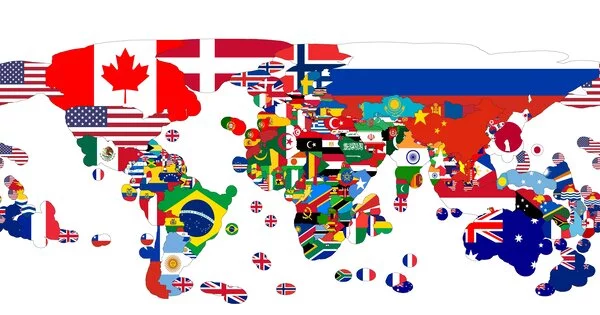An exclusive economic zone (EEZ), as defined by the 1982 United Nations Convention on the Law of the Sea, is an area of the sea in which a sovereign state has exclusive rights to the exploitation and use of marine resources, including energy production from water and wind. It is a maritime zone specified by the United Nations Convention on the Law of the Sea (UNCLOS) that extends from a coastal state’s shoreline to a distance of 200 nautical miles (about 370 kilometers) beyond its territorial sea baseline.
The notion of an EEZ was introduced to the international legal framework in the UN Convention on the Law of the Sea (UNCLOS), which was ratified in 1982 and entered into force in 1994. It extends from the territorial sea’s outer boundary (12 nautical miles from the baseline) to 200 nautical miles (nmi) from the state’s shore. It is also known as a marine continental margin and may include the continental shelf in informal usage.
The word does not include the territorial sea or the continental shelf beyond 200 nautical miles. The territorial sea differs from the exclusive economic zone in that the former imparts full sovereignty over the waters, whereas the latter is just a “sovereign right” that refers to the coastal state’s rights below the sea’s surface. The surface waters are international waters.
Key characteristics of an Exclusive Economic Zone include:
- Resource Rights: A coastal state has exclusive rights to explore and utilize natural resources located in the oceans, on the seabed, and beneath the seabed within its EEZ. Fishing, oil and gas exploration, mineral mining, and other economic activities are examples of this.
- Sovereign Rights: While the coastal state does not have complete sovereignty over the EEZ, it does have sovereign rights to administer and regulate the zone’s living and nonliving resources. Other states may not conduct economic activity in the EEZ without the authorization of the coastal state.
- Navigation and Overflight: Ships and aircraft from other countries enjoy the right of innocent passage through the EEZ. This means that they can traverse the zone without the coastal state’s prior notification or authorization, as long as they do not engage in activities prejudicial to the peace, good order, or security of the coastal state.
- Environmental Protection: Coastal states are responsible for conserving and protecting the marine environment inside their exclusive economic zones (EEZs). They must take steps to avoid, mitigate, and regulate pollution in the zone.
The development of EEZs has played an important role in the administration and regulation of ocean resources, as well as in the resolution of maritime conflicts between countries. It establishes a framework for balancing coastal governments’ rights with the interests of other nations in the usage of the world’s oceans.
















